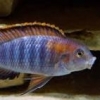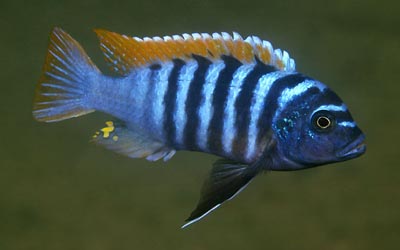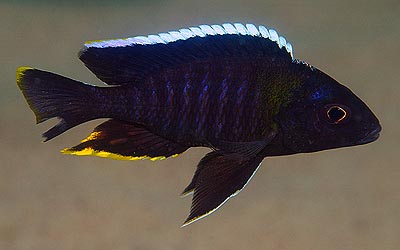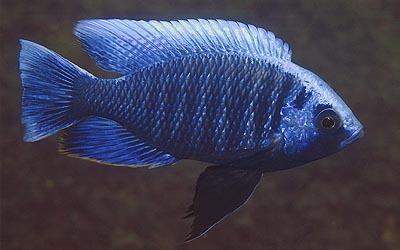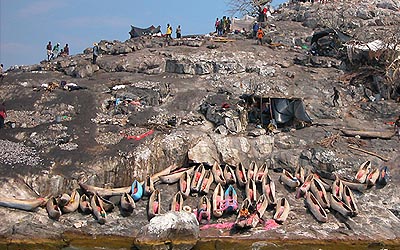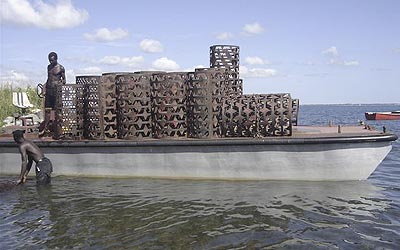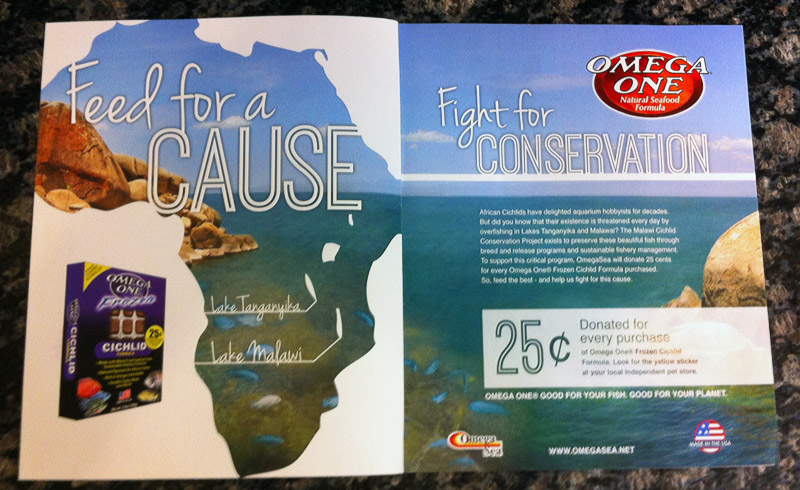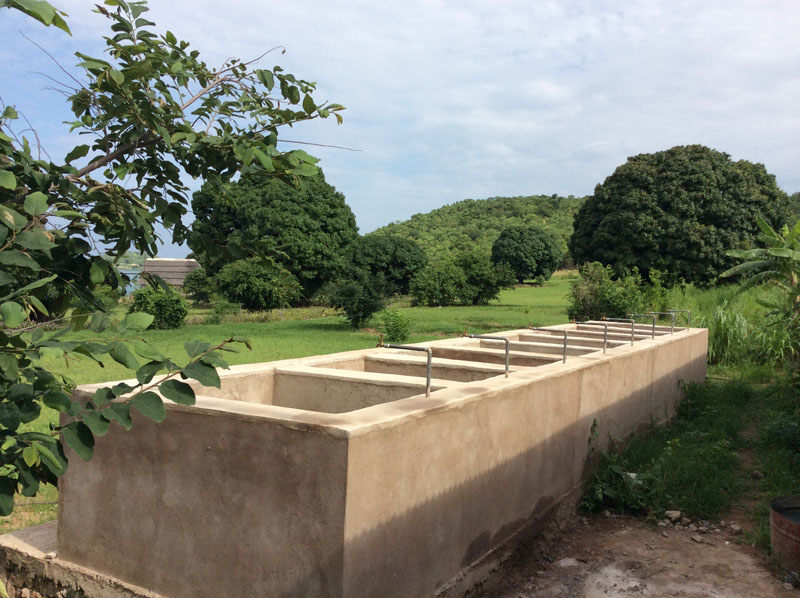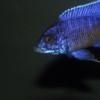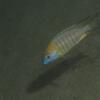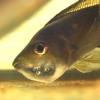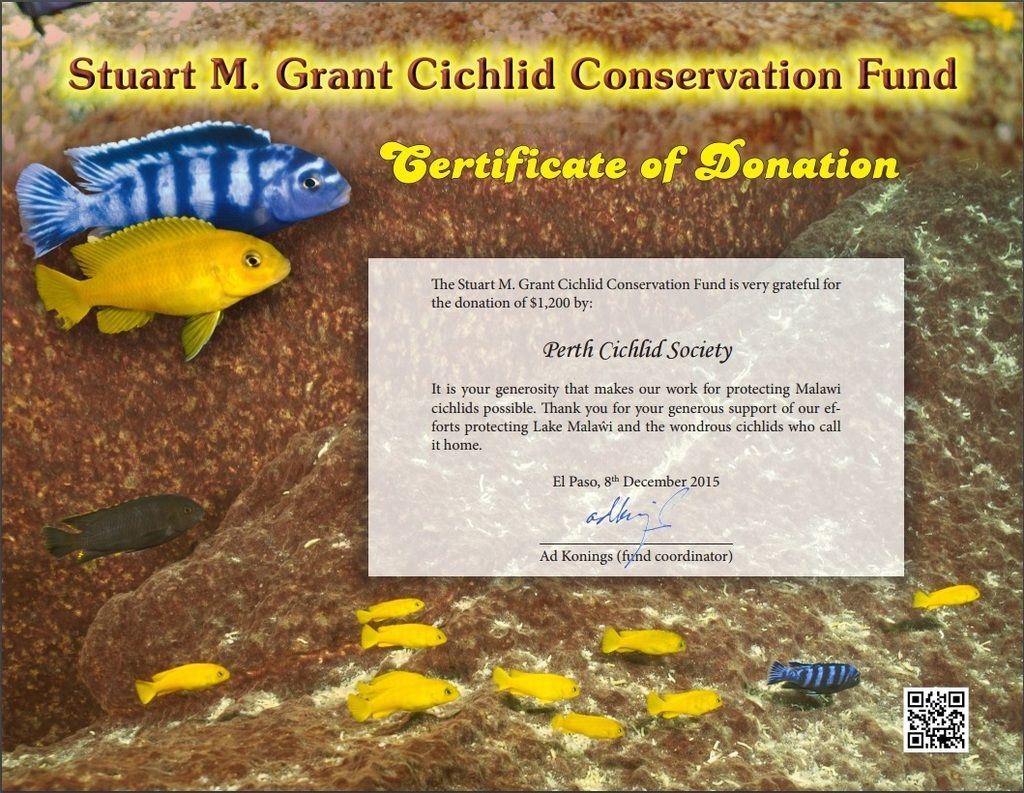 Stuart M. Grant - Cichlid Preservation Fund.
Stuart M. Grant - Cichlid Preservation Fund.
The Perth Cichlid Society will be involved in fundraising and creating awareness for Cichlid Preservation. This is in conjunction with the Stuart M. Grant - cichlid preservation fund.
The venture is headed up by Mattia Matarrese and was brought about by his expedition to Lake Tanganyika with Ad Konings. Mattia met first hand the people involved in the Lakeshore Lodge in Tanzania who are trying desperately to save endangered species in the great rift lake. Mattia will expalin this further in his talk at the PCS meeting on Tuesday, September 1st 2015.
The Stuart M. Grant fund raises awareness of the issues hitting the great rift lakes in Africa and gathers funds to attempt to restore damage caused to Lake Malawi and Lake Tanganyika stocks. The awareness of the situation in Africa and the efforts of this group are not well known or supported in Australia, something the PCS wish to change.
We will be raising funds to reach target goals to help build fish farms at the lakes and get the stocks of these endangered species back to a sustainable level. Items you may take for granted are scarce and hard to come by in Africa. Even simple rubber airline can make a difference to these people fighting hard to stem the tide of endangered species from over fishing and hobby targeting.
We will be donating 20% of all PCS Kitchen takings and 20% of all PCS Raffle takings until our goals are met. We will be auctioning of lots during our auction nights where the full funds from sold lots will go towards this fantastic venture. We will have special items to auction off at some regular meetings, such as signed Ad Konings cichlid books and items kindly donated by our sponsors to benefit this fund raising. We may even have special bake sales or competitions to support this in any way we can.
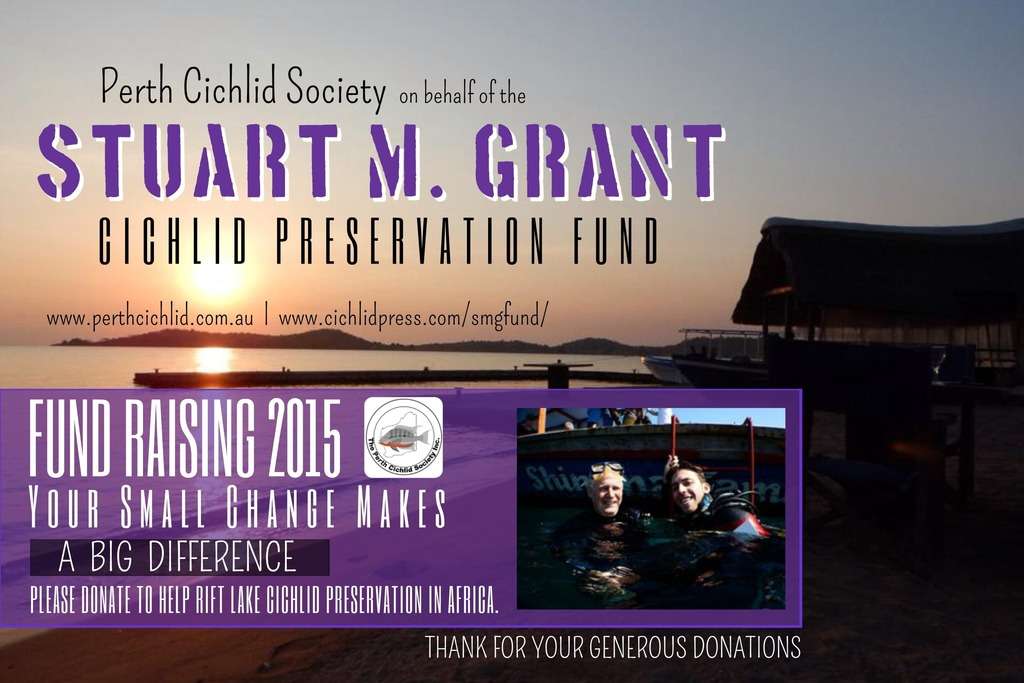
We will be pushing awareness of the program and situation in Africa. This is a great way to help. The more people understand the situation, the more it can change and we can get help from all around Australia. We will be asking sponsors if they can help. As an example Aquotix will be donating 50 cents from each sale of AquaRealm Malawi salts and AquaRealm Tanganyika buffer products in their store. Some may donate items for auction towards the fund.
You will see a tin at meetings near the kitchen with the below label on it. Please donate any change you can towards this important preservation fund. Every little bit helps.
Check out the home page for Stuart M. Grant fund here to see updates on how your small change is helping cichlid preservation - http://www.cichlidpress.com/smgfund/
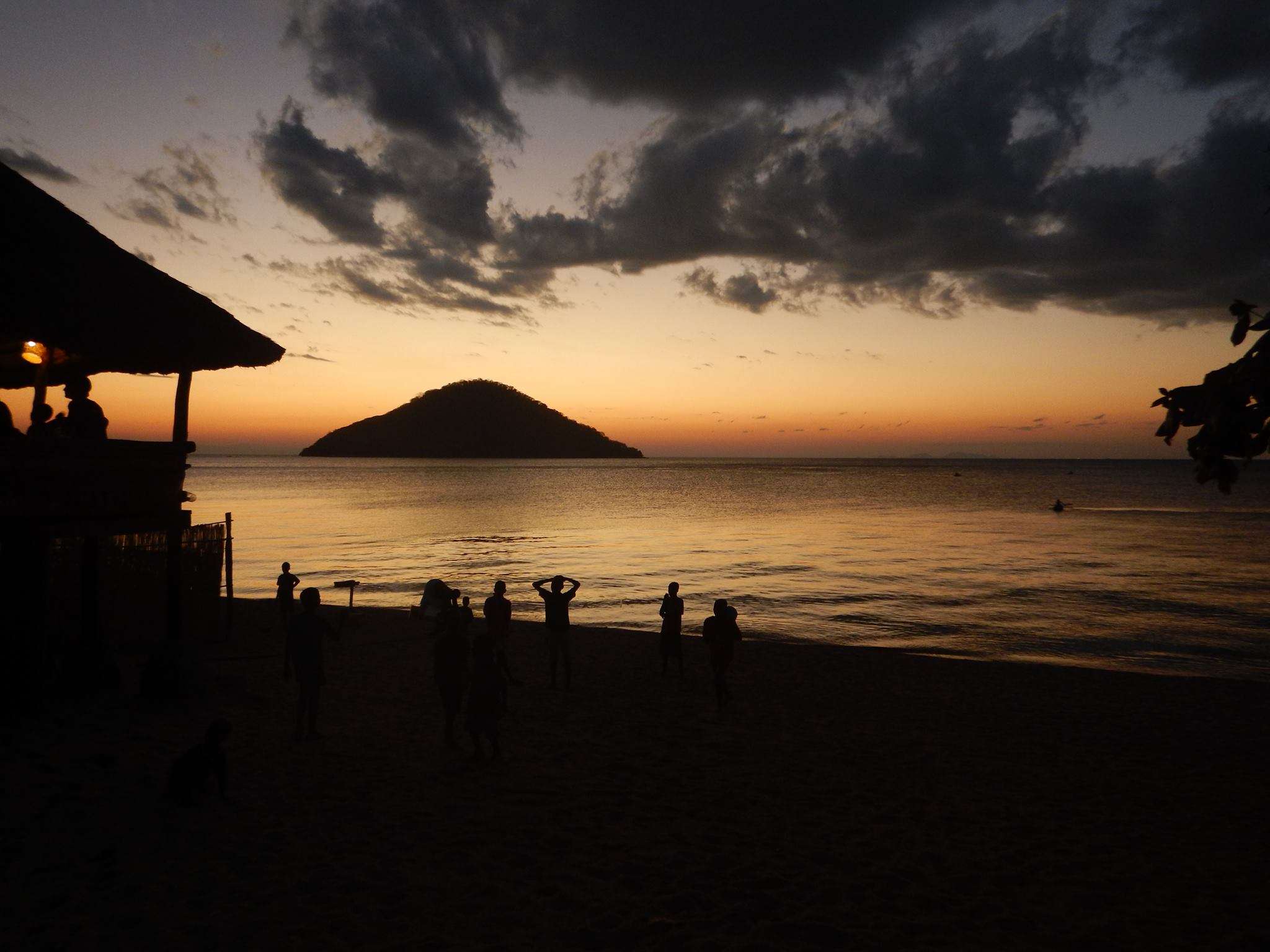
Who is Stuart M. Grant?
This is what Ad Konings has to say about this great man.

Stuart was born in England and during his childhood spent most of his school vacations in his grandmother’s house on the Isle of Wight, where his father was born. One of the simplest of Stuart’s pleasures was “cockling” off of Ryde beach when the tide went out. His impressions of this scene of his youth was so strong that he used the name the Romans gave to this island, Vectis, many times during his later life. Fortunately he was able, with his family, to revisit the island in 2005 when they stayed in the bread-and- breakfast establishment that used to be his grandmother’s house. Stuart joined the Royal Air Force in 1955, not as a pilot although he became one later in life, and was stationed at various places around the Mediterranean. At one point he drove a Volkswagen “Beetle” from the UK to South Africa and it was probably then that he became attracted to the Dark Continent.
He worked for the British government in Nyasaland and later in the government of Malawi when it became an independent nation. In 1972 the government decided that Hennie and Peter Davies, the first cichlid exporters in Malawi, should have some competition and asked Stuart, whom they knew was interested in fish (killifish actually), whether he could establish a fish exporting business on the shore of Lake Malawi. Virtually without any starting capital Stuart took up residence at the Eagle Inn, a “rest house” (still in existence) on the shore opposite the Maleri islands, and started to collect fish, keeping them in net-covered drums in the lake. Stuart introduced the hookah-gear in Malawi so that his diver-collectors, instead of catching fish on a single breath of air, could remain underwater for any length of time, and considerably expanded the variety of cichlids exported. Later he changed his rest house abode for another, smaller dwelling: a tiny rented caravan at Kambiri Point but with the added feature of a sort of fish house on the property where he could, for the first time, keep the fish collected from the lake in vats. In the late 1970s he moved into a remodeled garage on the same property. Business picked up and he was able to purchase a small plane so that he could transport fishes and supplies between Likoma Island and Salima.
By this time the Davies had left the country and Norman Edwards had taken over their license. At that time the lake was divided in three regions where three different operators could collect their fishes (to give each one a set of unique fishes that only they could provide). The third exporter was Eric Fleet, who operated from Blantyre. Although business was booming it wasn’t large enough for all three exporters and by 1985 Stuart was the sole survivor, operating from Kambiri Point. Suddenly there were more possibilities and he was able to purchase a 500 sq. m. plot next to his rented site. For more than a decade he was the only exporter of Malawi cichlids and introduced countless new species into the hobby. He established a, by African standards, very large operation at Kambiri with a main fish house holding hundreds of glass tanks, plastic containers, and concrete vats. Hundreds of large concrete vats were built under shade netting to hold cichlids that came from far away parts of the lake. He employed about 60 men and women who were responsible for collecting (six collecting teams were stationed around the lake), maintaining, packing, and exporting the cichlids. His impact on the local scene was enormous with up to 1500 people directly dependent on his fish exporting business.
In the early 1980s Stuart started to invite hobbyists to his establishment and guided them on various trips on the lake. In 1986 he acquired a large diesel boat, the famous Lady Diana, which became an instant hit with visitors. From then on he employed boat builders who, over the years, built him many boats including five large, diesel-powered vessels. Today these boats are by far the best means of transportation on the lake and many aquarists have made dive tours on one of them.
Stuart married late in life, at the age of 56, and his Malawian wife Esther bore him a daughter Louise and later a son, Justinian. On October 11th 2007, at the age of 70, he died at his home, from heart failure. His funeral was attended by approximately 1500 mourners, an indication of his reputation in Malawi as well. He is buried on his land at Kambiri Point, overlooking the lake; the lake that he brought to us. He will be greatly missed by all who had the privilege of knowing him.




